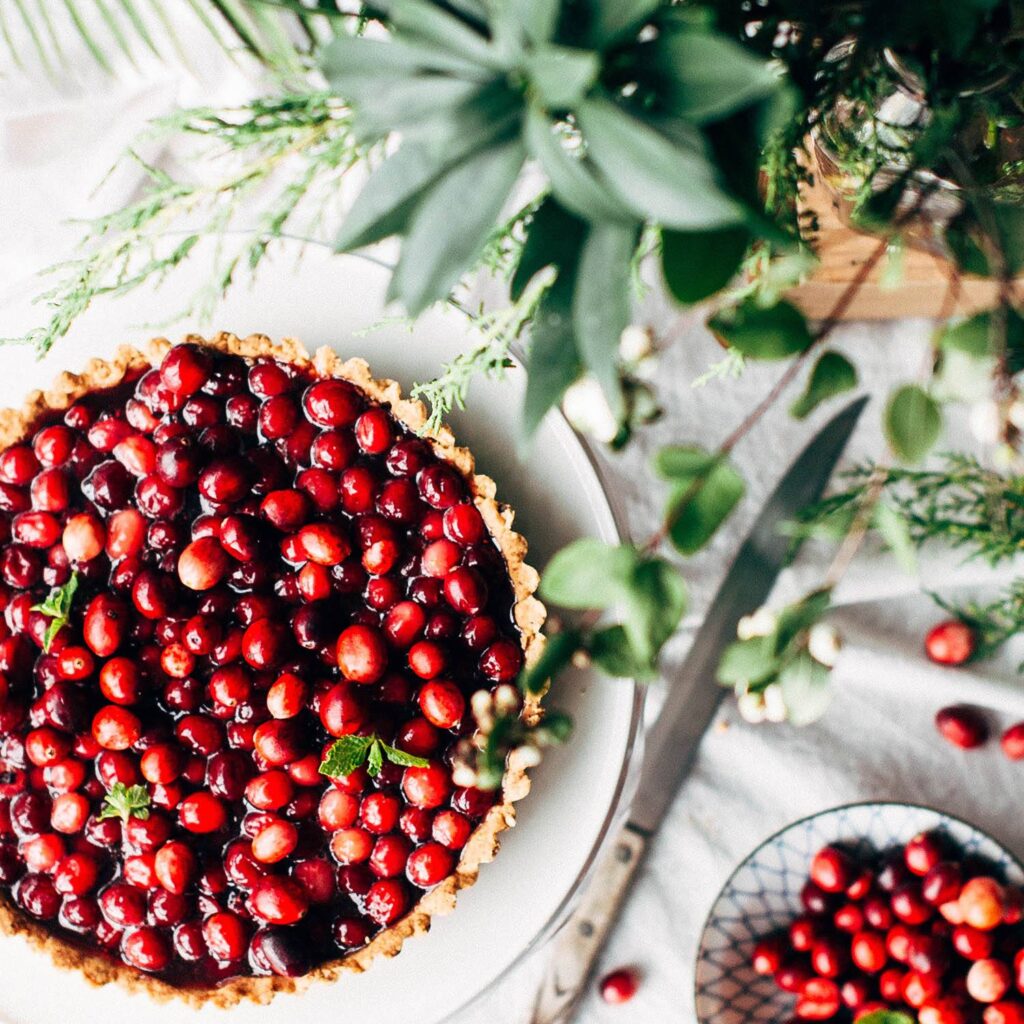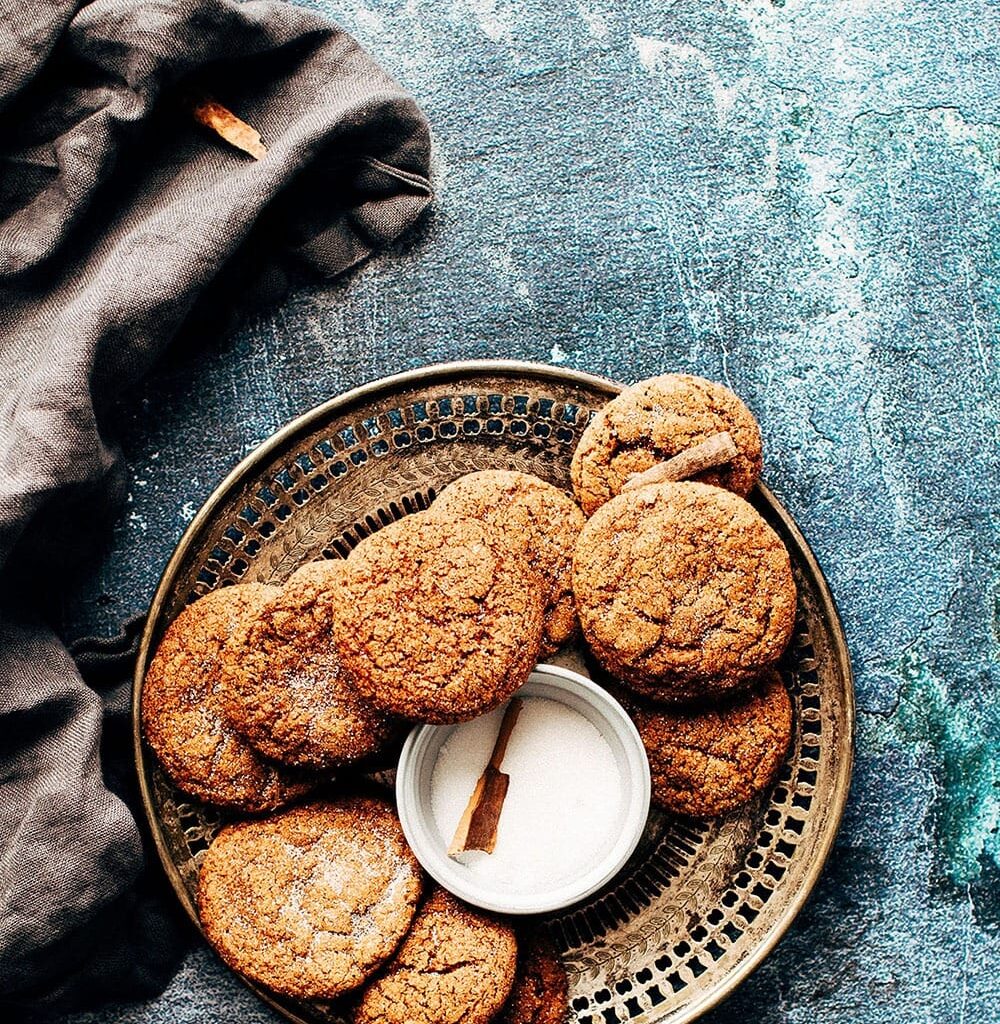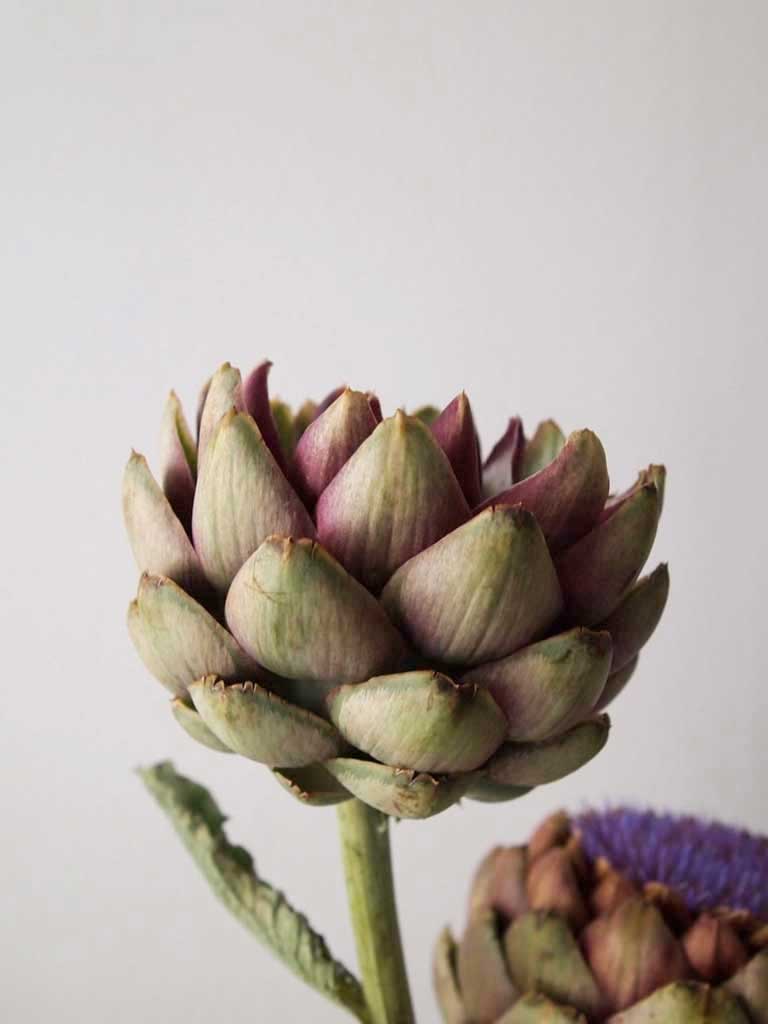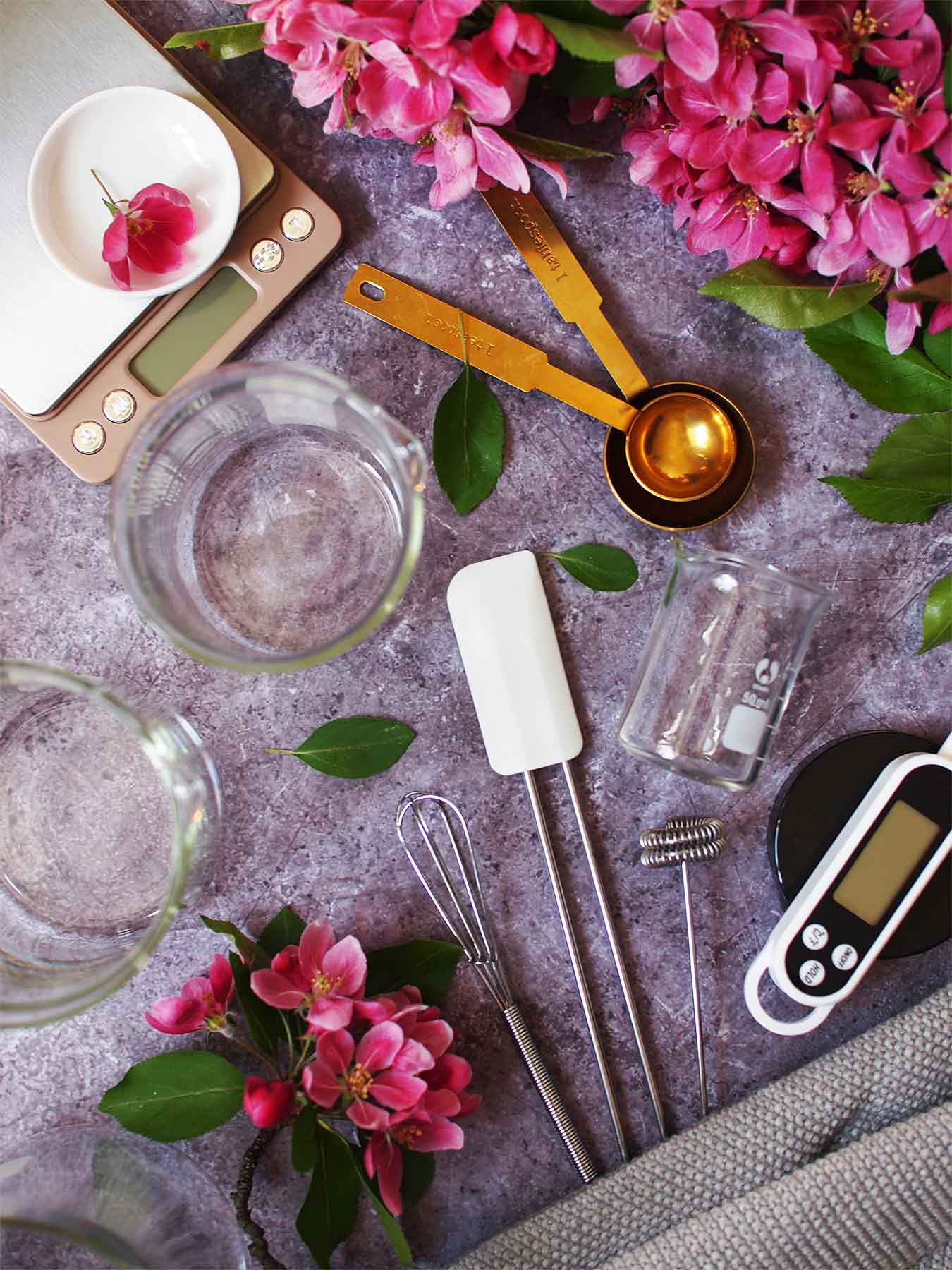In this article, we’ll explore the role of preservatives in DIY natural cosmetics, why they’re essential, and how to choose the right ones for your creations.
Preservatives are the unsung heroes of skincare products, ensuring they remain safe for use by preventing the growth of harmful microorganisms. When crafting DIY natural cosmetics, the absence of preservatives might seem aligned with the goal of purity and clean beauty, but it can pose serious risks to your health.
In my natural cosmetic formulation studies I’ve learned that if a product has any kind of water in it (hydrosols, distilled water, glycerine, etc), it needs to have a preservative. This has been my guiding principle and a way to ensure safety of the products.
Consider this scenario: you’ve just whipped up a luxurious homemade moisturizer. Without preservatives, the product becomes a breeding ground for bacteria, mold, and other nasties, especially if it contains water-based ingredients. This could lead to skin infections or, in extreme cases, more severe health issues.
Preservatives are the unsung heroes of skincare products, ensuring they remain safe for use by preventing the growth of harmful microorganisms.


Choosing the Right Preservative:
Now that we understand the necessity of preservatives, let’s delve into choosing the right one for your DIY natural cosmetics. There are various options available, each with its own strengths and considerations.
- Broad-Spectrum Preservatives: Opt for preservatives that offer broad-spectrum protection against bacteria, yeast, and mold. Examples include Optiphen, Geogard ECT, and Leucidal Liquid.
- Water-Soluble vs. Oil-Soluble Preservatives: Consider the solubility of the preservative concerning the composition of your cosmetic product. Water-based products require water-soluble preservatives, while oil-based products benefit from oil-soluble options.

Guidelines for Preservative Use:
- Follow Recommended Dosages: Adhere to the recommended dosage guidelines for your chosen preservative. Using too little can compromise efficacy, while excessive amounts may lead to skin irritation.
- Maintain Hygienic Practices: Practice good hygiene during the formulation process. Sterilize your tools and containers, and avoid using your fingers to scoop products directly from jars to minimize contamination.
- Understand Product Lifespan: Recognize that even with preservatives, homemade cosmetics have a shorter shelf life than commercial products. Keep track of expiration dates to ensure safety and efficacy.
100% water-free products are an exception
Anhydrous, meaning completely water-free, products are the only products that don’t necessarily require preservatives. Examples of water-free products are facial oils, whipped body butters.





